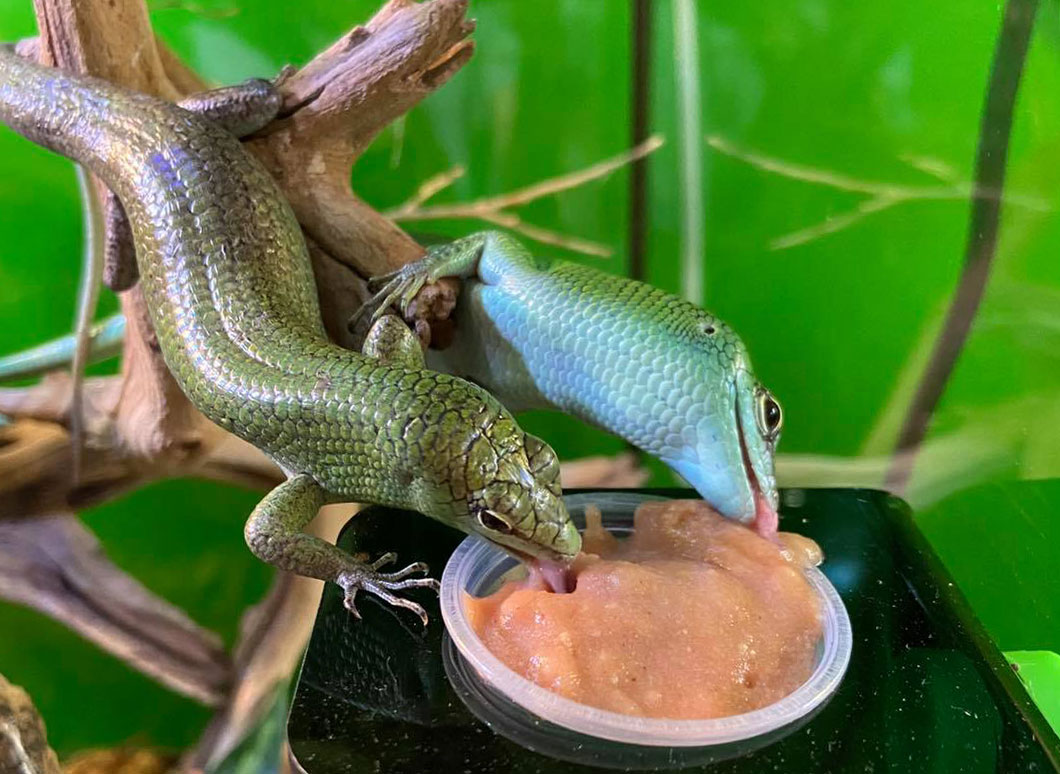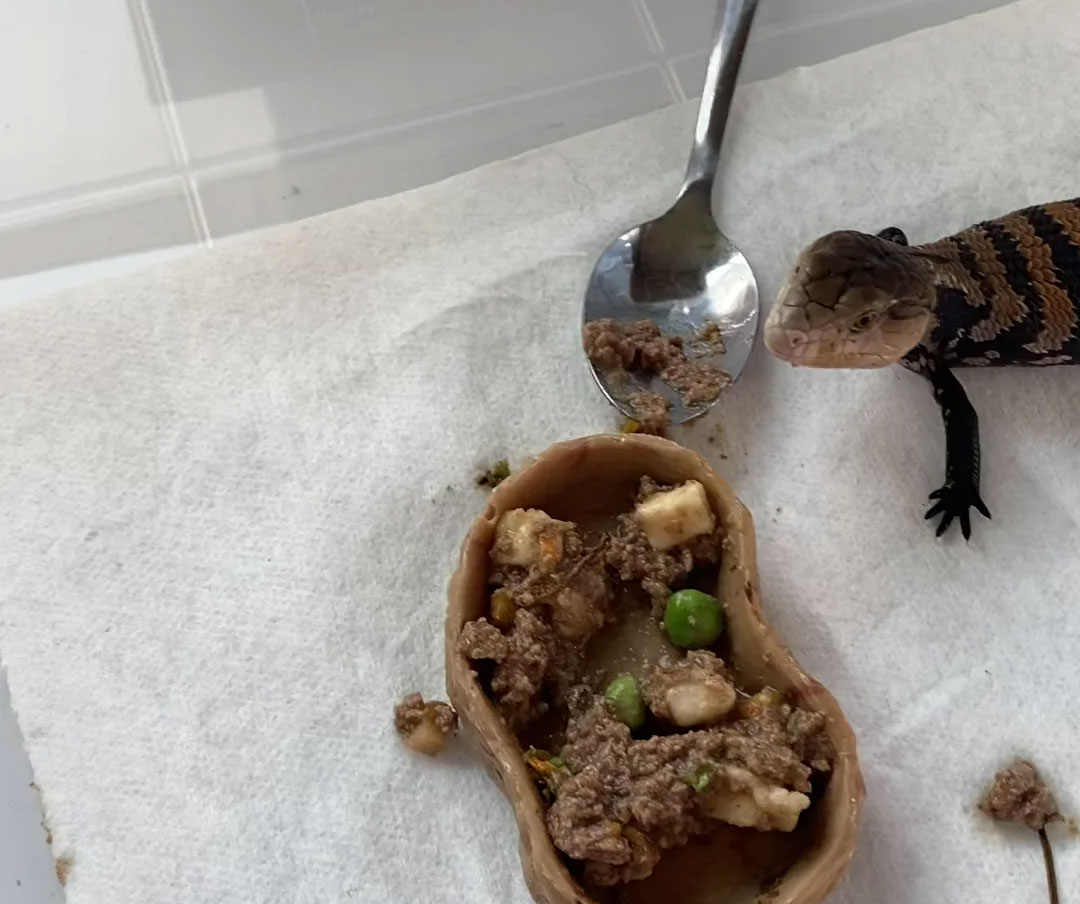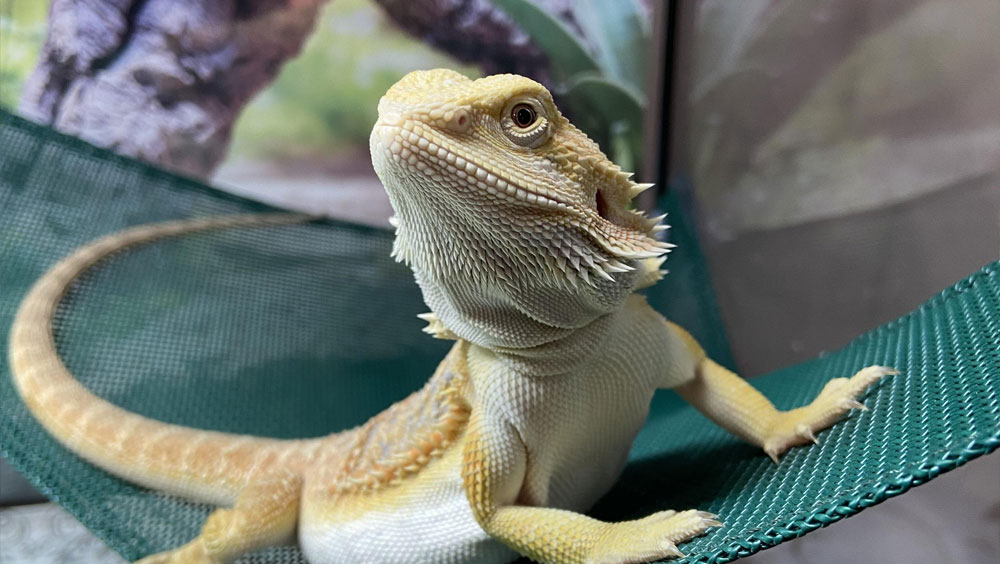Just like humans, reptiles need a balanced diet to thrive and survive. Whether you're the proud parent of a snake, turtle, iguana, tortoise, or a bearded chameleon, a versatile diet makes a happy pet! One common mistake that reptile owners unintentionally make is focusing on calcium-rich diets. While calcium is absolutely essential in reptilian diets to prevent bone disease, trace elements, fat-soluble vitamins, and a healthy dose of protein are equally important.
A Healthy Balanced Diet for Your Reptile

Carnivorous reptiles such as snakes and monitor lizards will benefit from a healthy mix of insects, mice or rat pups, chicken, and eggs. Meat and eggs are rich in protein, while insects such as mealworm and crickets are high in macronutrients and elements such as iron, copper, and magnesium.
Herbivorous reptiles include iguanas, tortoises, and spiny-tailed lizards. These reptiles eat only plant matter, and they shouldn't be fed insects of any kind. However, you can still add variety to your herbivorous pet's diet with a mixture of greens and vegetables like sweet potatoes and carrots.
Ensure Your Reptile's Diet is Truly 'Balanced'

A good rule of thumb is to never feed your reptile large quantities of the same foods. For example, while herbivorous reptiles eat plant-based diets, feeding them only lettuce and celery won't provide the daily calories and vitamins they need.
A good mix of plant materials for your herbivorous reptile can include green beans, kale, and small amounts of broccoli and kale. Carnivorous snakes must feed on meat and rarely eat fruits or vegetables. You can ensure a balanced diet by feeding your snake live rodents along with different types of insects and eggs.


